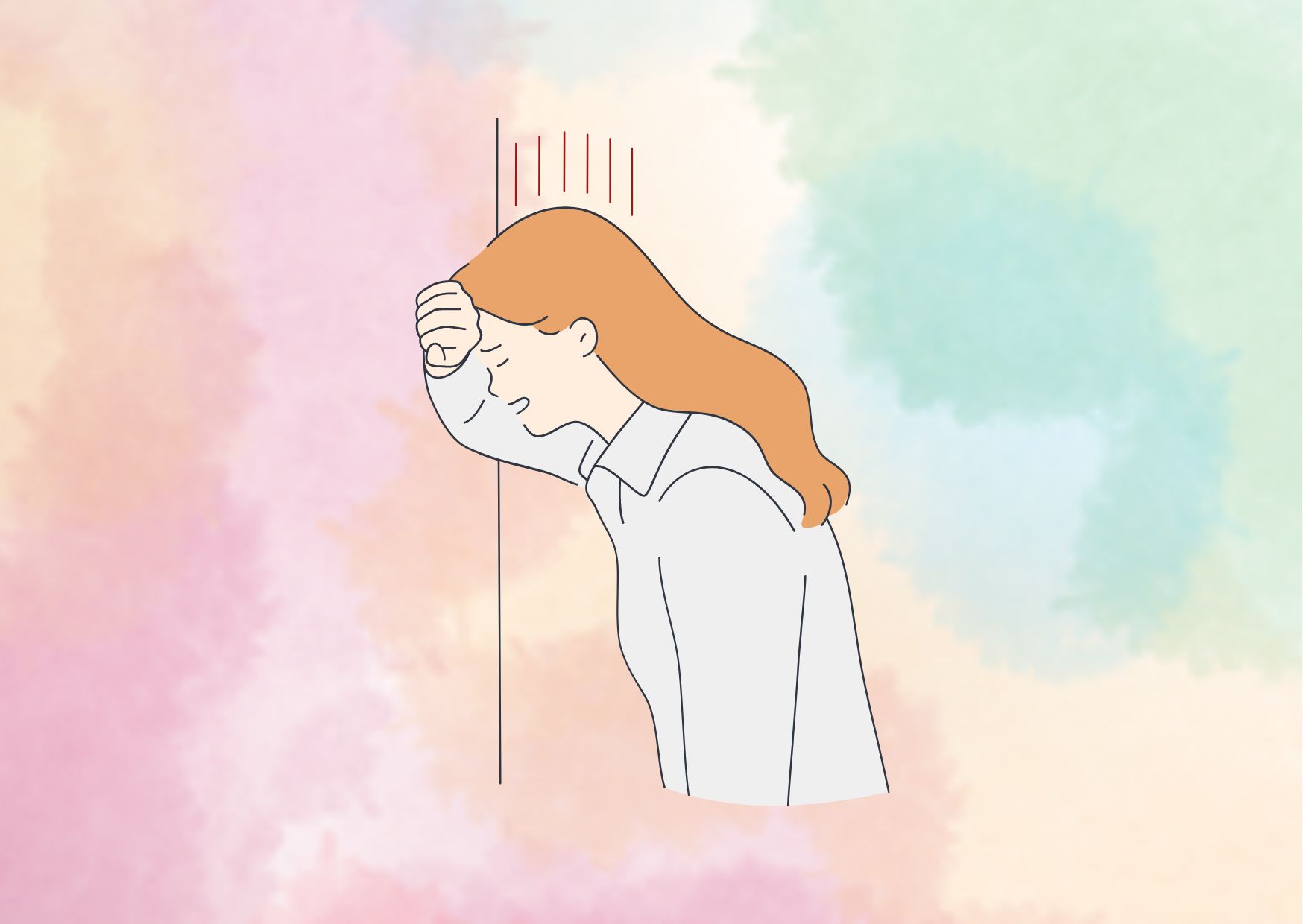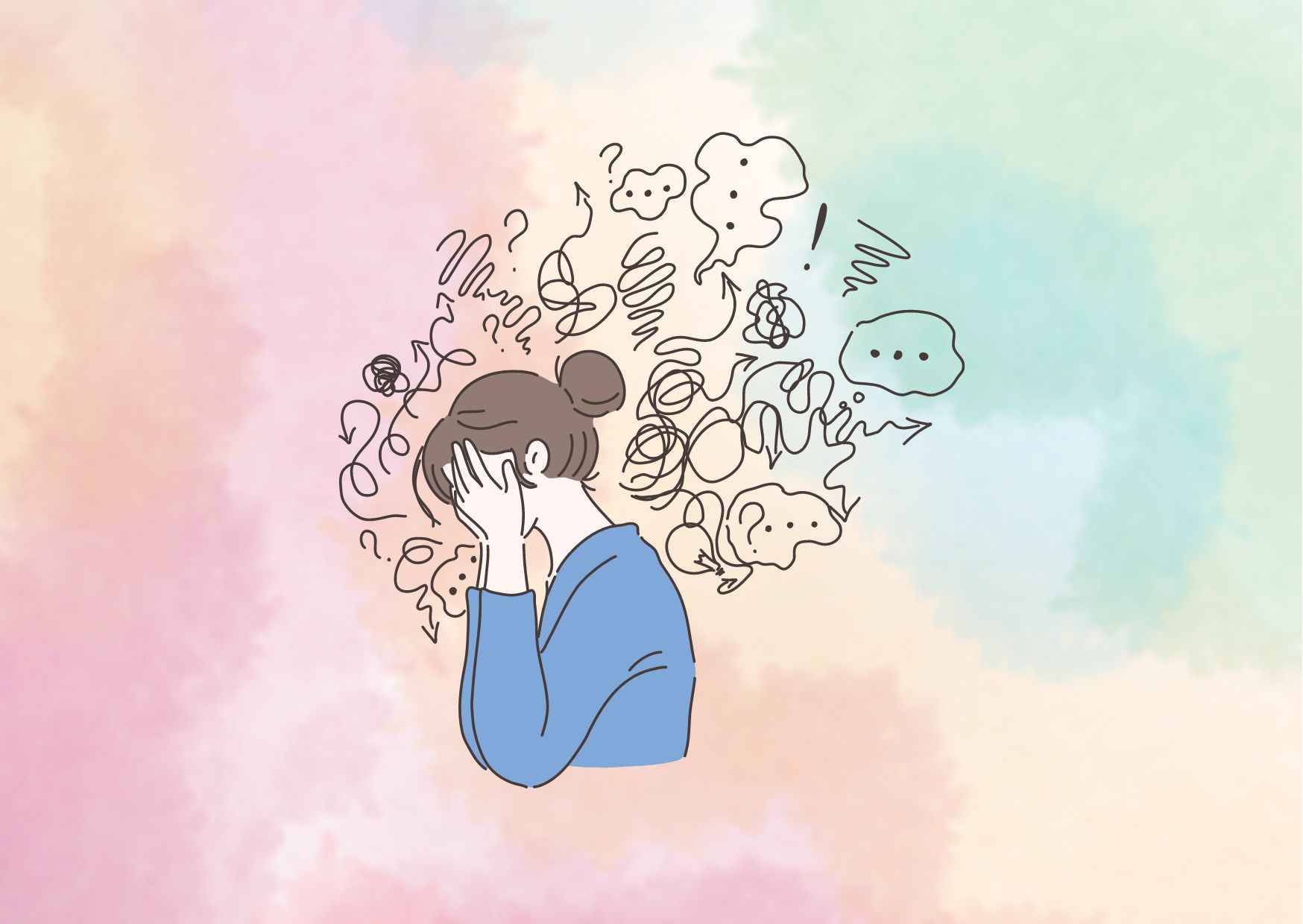Partner and Family Support
Support from partners and family members plays a crucial role in the recovery of individuals with melancholic depression. Educating oneself about the condition, attending therapy sessions together, and offering emotional support can strengthen relationships and create a nurturing environment for healing.
Community and Peer Support
Engaging with support groups, both online and offline, can provide individuals with melancholic depression a sense of belonging and understanding. Sharing experiences, receiving validation, and learning from others who have faced similar challenges can be empowering and help reduce feelings of isolation.
6. Living with Melancholic Depression
Coping Strategies
Developing effective coping strategies is essential for individuals living with melancholic depression. Strategies may include practicing self-care, engaging in creative outlets, setting realistic goals, and maintaining a routine. Learning stress management techniques, such as deep breathing exercises and mindfulness, can also be beneficial.
Managing Stress and Triggers
Identifying and managing stressors and triggers can help individuals with melancholic depression maintain stability and well-being. This may involve setting boundaries, prioritizing self-care, and seeking support during challenging times. Developing healthy coping mechanisms, such as journaling, engaging in hobbies, or seeking professional guidance, can also be helpful.
Self-Improvement and Self-Care Practices
Incorporating self-improvement and self-care practices into daily life can support individuals in their journey towards recovery. This may include engaging in activities that promote personal growth, learning new skills, and taking time for relaxation and self-reflection. Prioritizing self-care is crucial for maintaining overall mental well-being.
Maintaining Healthy Relationships
Living with melancholic depression can impact relationships. Open communication, empathy, and understanding are vital for maintaining healthy connections. Seeking couples or family therapy can provide a safe space for addressing relationship challenges and promoting mutual support and growth.
7. Is Melancholic Depression Curable?
Long-Term Outlook
While melancholic depression can be a challenging condition to manage, there is hope for recovery. With the right treatment approach, support, and self-care practices, individuals can experience significant improvement in their symptoms and overall well-being. It is important to remember that recovery is a journey, and the long-term outlook varies for each individual.
Relapse Prevention
To prevent relapses, individuals with melancholic depression can develop a relapse prevention plan. This may involve ongoing therapy, medication management, self-care practices, and proactive measures to address potential triggers and stressors. Regular check-ins with mental health professionals can help monitor progress and make necessary adjustments to the treatment plan.
Continuum of Care
Melancholic depression often requires ongoing care and support. The continuum of care may include regular therapy sessions, medication management, lifestyle adjustments, and continued engagement in self-care practices. Staying connected to a support system and seeking professional help when needed are essential components of long-term recovery.
8. Seeking Help for Melancholic Depression
When to Reach Out for Professional Assistance
If you or someone you know is struggling with symptoms of melancholic depression, it is important to seek professional assistance. If symptoms persist, worsen, or interfere with daily functioning, it is recommended to reach out to a mental health professional for evaluation and guidance. Early intervention can lead to better outcomes and improved quality of life.
Finding the Right Mental Health Provider
Finding the right mental health provider is crucial for receiving appropriate care. Research local resources, read reviews, and seek recommendations from trusted sources. Consider factors such as specialization, experience, and therapeutic approach when selecting a mental health professional.
Online Resources and Helplines
Various online resources and helplines provide valuable information and support for individuals with melancholic depression. National helplines, mental health organizations, and reputable websites offer educational materials, self-assessment tools, and guidance on seeking help. Inquire Talk is a trusted online counseling platform that provides convenient access to professional therapists.
Inquire Talk: Your Online Counseling Solution
At Inquire Talk, we understand the importance of mental health in fostering healthy relationships. Our team of compassionate therapists offers online counseling, therapy, and psychotherapy services to support individuals in their journey towards healthier and happier relationships. Visit our website to learn more about our services and take the first step towards a more fulfilling connection.
9. Additional Resources and Information
Research Studies and Clinical Trials
Ongoing research studies and clinical trials contribute to advancements in the understanding and treatment of melancholic depression. Participating in research studies may provide individuals with access to cutting-edge treatments and contribute to the collective knowledge on the condition.
Books and Publications on Melancholic Depression
A wide range of books and publications provide in-depth information on melancholic depression. These resources offer insights, personal stories, and practical strategies for managing symptoms and promoting recovery. Reading and exploring different perspectives can be empowering and educational.
Organizations and Support Groups
Numerous organizations and support groups focus on mental health and depression. These organizations provide resources, education, and community support for individuals with melancholic depression and their loved ones. Joining support groups or engaging with these organizations can provide a sense of belonging and validation.
Inquire Talk: Supporting Mental Health and Relationships
Inquire Talk is committed to providing accessible and effective online counseling and therapy services. We believe in the power of therapy to support individuals in their mental health journey and foster fulfilling relationships. Our compassionate therapists are here to help you navigate the challenges of melancholic depression and support you on your path to well-being.
10. Conclusion
Melancholic depression is a severe form of depression that can significantly impact an individual’s life. However, with the right support, treatment, and self-care practices, individuals can find relief and experience improved well-being. Seeking professional help, building a strong support system, and engaging in effective treatment options are essential steps towards recovery. Remember, you are not alone, and there is hope for a brighter future. Take the first step towards healing by reaching out for help and exploring the resources available to you.
Here are few certified therapists who you can get in touch and book a therapy session with:
Dr Simon Cassar
Diego Tinte
John Hilsdon

